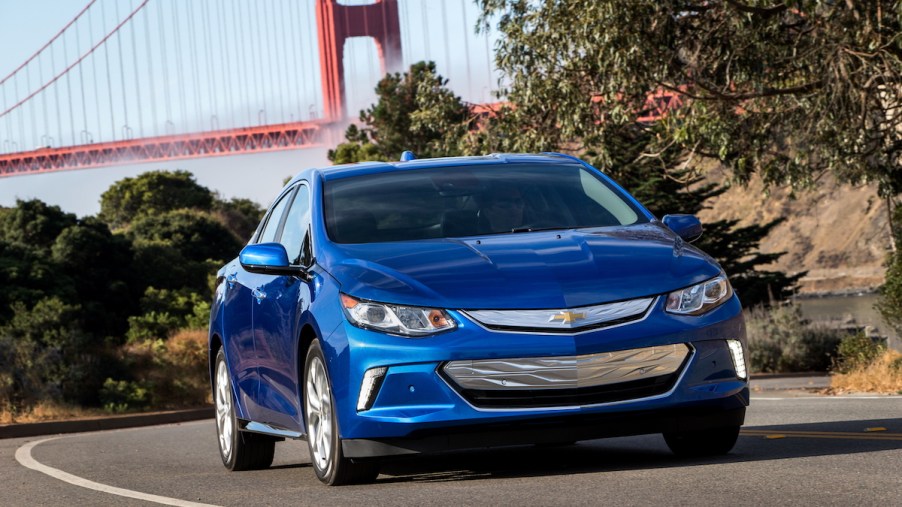
Years of Car Hacking Continue with No Federal Regulations in Sight
Cars are getting smarter every day, and usually, that’s a great thing for customers. However, there are flaws in having more intelligent and smarter cars, and some people even think that smarter cars have made people worse drivers. One major flaw with smart cars is that they can be hacked, and so far, nobody’s done much about this yet. Yikes.
A look at modern-day car hacking
Ever since cars got connected to the internet, they’ve become vulnerable to hacking. While most of these vulnerabilities won’t mean that the hacker will be able to control your car from the comfort of their home, they’re still a potential massive invasion of privacy. That’s because most brand-new cars have a computer on them. Like any computer connected to the internet, a lot of data is stored in your car’s computer.
As Car and Driver wrote, it’s not exactly clear what kind of data gets stored in your car’s computer and why. That said, what is clear is that a hacker can hack into your car’s computer and get that data. Car and Driver noted that a reporter for The Washington Post did exactly that.
The reporter hired a hacker who managed to break into a 2017 Chevy Volt’s computer. The hacker did the same thing to a random infotainment computer that they bought on eBay. That hacker could get all sorts of private data from these hacks, such as addresses, pictures, call logs, phone numbers, and more.
How drivers can prevent this
The simplest way to prevent this is by buying an old, dumb car. Not all drivers want to do that, so they’ll have to turn to other tactics. Unfortunately, much of the data that the car’s computer is collecting is kind of necessary. Like Car and Driver wrote, some of that data is diagnostic data, and that data is useful for diagnosing issues with the car. Obviously, for many drivers, this is a necessary evil.
However, much of the data that the hacker could get a hold of isn’t necessary diagnostic data. There’s no reason for the car computer to store personal data, like email addresses and pictures, that hackers could steal.
Car and Driver said that there are two things that concerned customers can do right now, short of just not driving a smart car. First, drivers can avoid connecting their phones to their car’s USB ports, and instead, they could use a charger. Secondly, drivers can download privacy apps that’ll delete the data on the car’s computer. One of those apps, according to Car and Driver, is called Privacy4Cars.
No regulation for this so far
The main reason automakers haven’t done much is that technically speaking, according to Car and Driver, what automakers are doing right now is perfectly legal. Like most things related to technology, lawmakers have been slow to regulate this issue. As a result, even though a government accountability office said that many automakers aren’t using acceptable privacy practices, it’s still technically legal.
While it’s legal, Car and Driver also mentioned that many automakers have, since 2014, pledged to go above and beyond the data privacy requirements that are expected from automakers. But of course, like this experiment from The Washington Post showed, that hasn’t exactly been the case in the real world.
So, for now, the best thing that customers can do in the grand scheme of things is to pressure automakers to change. It’s either that or they could pressure lawmakers to make changes. Either way, it’s a tough road ahead for people who are concerned about their privacy.



